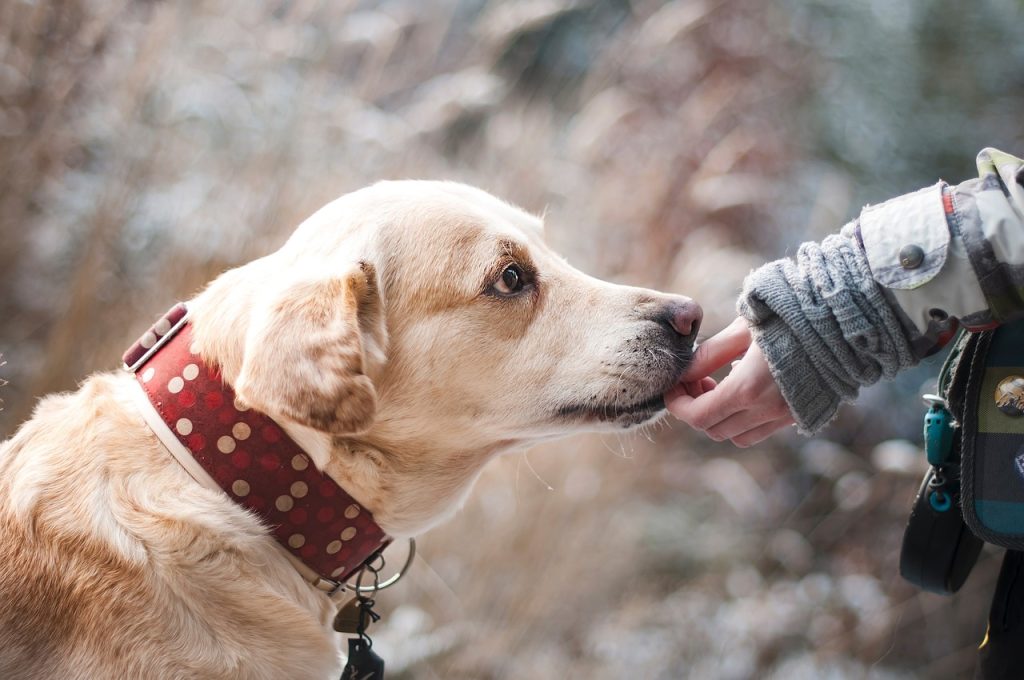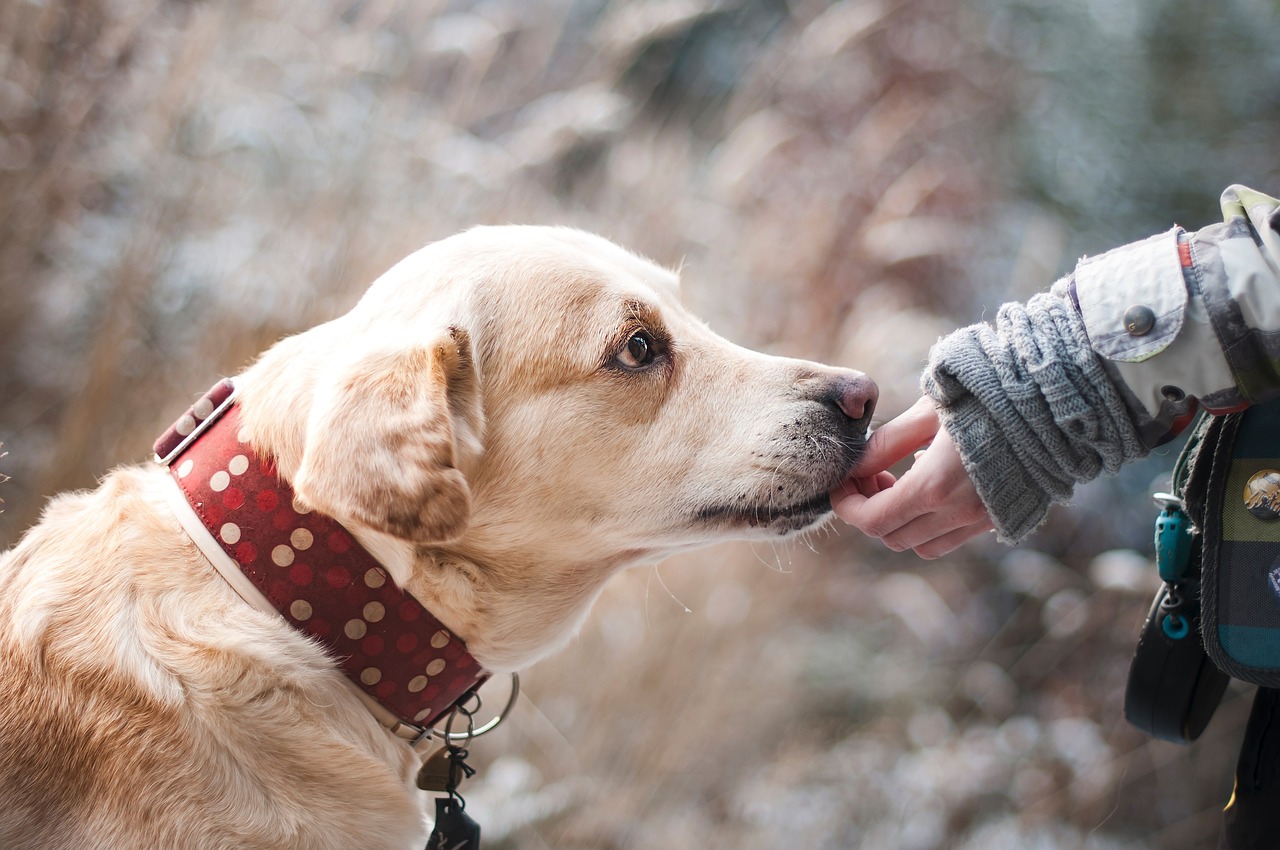As our beloved canine companions grow older, it’s natural for them to require a bit of extra care and attention. Just like humans, senior dogs may take a little more time and patience when learning new behaviors. Whether it’s picking up tricks, mastering basic obedience, or addressing specific behavioral issues, training older dogs can be a rewarding experience for both the pet and the owner. In this guide, we’ll explore some practical tips for effectively teaching new behaviors to senior dogs, taking into account their age, temperament, and health.

Quick Recommendation : Our blog is filled with tips , tricks, and methods for training your dog. If you are seeking a comprehensive training program, we recommend the K9 Training Institute.
Understanding Your Older Dog’s Needs
Before embarking on a training journey with an older dog, it’s essential to recognize and respect their physical limitations and cognitive changes. Keep in mind that senior dogs may have reduced mobility, hearing or vision impairments, and potential health issues. Therefore, training sessions should be tailored to accommodate these factors. Additionally, it’s important to consider their temperament and overall disposition. Some senior dogs may be more set in their ways, while others may still exhibit a youthful zest for learning.
Patience and Consistency
Patience is key when training older dogs. Unlike puppies or younger dogs, senior dogs may take longer to grasp new commands or behaviors. It’s crucial for owners to approach training with an abundance of patience and understanding. Consistency in training methods and routines is also vital. Older dogs thrive on predictability, so maintaining a consistent training schedule and using clear, unambiguous cues will help facilitate the learning process.
Incorporating Positive Reinforcement
Positive reinforcement is an effective training method for dogs of all ages, and it holds particular significance when working with older dogs. Using treats, praise, and gentle, encouraging gestures can motivate older dogs and reinforce desired behaviors. By creating a positive association with learning and training, owners can help ensure that their senior dogs remain engaged and willing to participate in training sessions.
Adapted Training Techniques
When training older dogs, it’s important to modify training techniques to suit their individual needs. For instance, if a senior dog has mobility issues, consider implementing low-impact exercises or training activities that don’t strain their joints. Additionally, using visual and tactile cues can be beneficial for dogs with diminished hearing or vision. Tailoring training techniques to accommodate your dog’s specific requirements will promote a more comfortable and productive learning experience.
Building a Strong Bond
Training sessions provide an excellent opportunity for owners to strengthen their bond with their older dogs. By engaging in positive, interactive training sessions, owners can enhance their communication with their senior pets and build trust. This bond not only enriches the training process but also contributes to the overall well-being of the dog, fostering a sense of security and confidence.
Ensuring a Positive Learning Experience
Above all, the aim of training older dogs is to ensure a positive and enriching learning experience for both the pet and the owner. By approaching training with empathy, patience, and adaptability, owners can help their senior dogs thrive and maintain mental acuity. Making adjustments to training approaches as needed and celebrating small victories along the way are key components of fostering a positive learning environment for older dogs.
In conclusion, training older dogs requires a tailored approach that considers their age, temperament, and health while promoting patience, consistency, and positive reinforcement. By embracing the unique needs of senior dogs and making accommodations as necessary, owners can embark on a training journey that not only imparts new skills but also strengthens the bond between them and their beloved companions.
Training older dogs may present its challenges, but with the right approach and a compassionate mindset, it can be a deeply rewarding experience for both the pet and the owner.
Quick Recommendation : Our blog is filled with tips , tricks, and methods for training your dog. If you are seeking a comprehensive training program, we recommend the K9 Training Institute.

